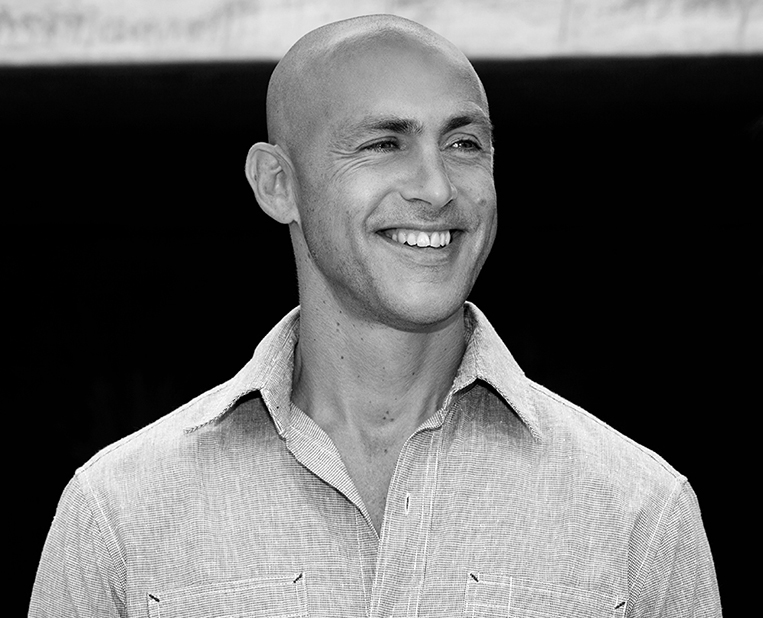Ten minutes a day.
That’s the mantra for Andy Puddicombe and the nearly 10 million users of Headspace, the digital meditation platform he co-founded in 2010 with Rich Pierson.
Headspace offers users guided meditation resources online. Many sessions are in 10-minute intervals. With an engaging and easy-to-use interface, the platform is aimed at making meditation accessible to new audiences while also helping those who have been meditating for years.
Headspace is partnering with Keck Medicine of USC to offer physicians, nurses and staff one-year memberships. Sign up at https://www.headspace.com/keckmedusc and use code: CCUSC1Y.
Puddicombe, a former ordained Buddhist monk, was diagnosed with testicular cancer and treated at USC Norris Cancer Hospital. He is healthy and has been cancer-free for three years.
He recently spoke with HSC News about Headspace, meditation and how a daily commitment to calming the mind can promote personal wellness and offer healthy benefits for a lifetime.
How did Headspace get started?
We began with meditation events in the United Kingdom and people started writing in, saying how much they enjoyed the courses. So we started recording short portions that people could use online. The feedback was so good we recorded more and put it together in a more organized way. Then we put it all together in an app. Before we knew it, we had a million users. Once it was clear Headspace was effective, we focused on making it a more comprehensive digital program.
What advice would you give for someone who may be new to meditation?
First, put aside any ideas that we may have about meditation. There are preconceptions and misconceptions that can get in the way. We might think meditation is about sitting cross-legged in a room with incense and chanting. But that’s not what meditation is about — meditation is defined by the user. The most important thing is just to give it a go. Think of it like a small project — what happens when you take 10 minutes to meditate each day, 10 days in a row?
Many members of Keck Medicine are professionals who are extraordinarily busy and often experience high levels of stress. What meditation advice would you give them?
Our mind is the most precious resource we have. Our own health, happiness and relationships are dependent on it. At work, our ability to do our job and cope with stresses depends on a healthy mind. We’ve seen what happens if we don’t look after the body. But what happens when we don’t look after our mind? We feel unhappy and start to struggle. With meditation, we can build up a sense of resilience and prevent it from getting to that point by simply taking 10 minutes a day to meditate.
How do you meditate?
I used to do it every single morning, first thing when I woke up. But these days, with my family and work, I have to be more flexible. Like most people, my day is jam-packed. So it takes a conscious effort. During especially busy days, I may have to move a meeting to fit it in. But it’s not good for myself or my family if I’m not looking after my mind, and it’s not good for Headspace the organization.
How did meditation help you after your cancer diagnosis and through treatment?
Meditation helped me in more ways than I could have possibly imaged or even describe. On a macro level it has fundamentally changed my perception of life and the world in which I live. Every day looks different as a result. I have a greater sense of calm, clarity and my relationships are healthier than when I was younger, before meditation. I’m less reactive to things and I have more perspective.
Being diagnosed with cancer was a difficult situation. But I think my own experience was really different. It didn’t feel like a fight. I didn’t feel it was this terrible thing. Having cancer was a really life-affirming experience for me. Rather than have my mind bouncing around, I was able to be more at ease during my treatment through meditation. I realized things were outside my control and meditation helped me be OK with that. I didn’t know how things would work out and so I couldn’t take anything for granted.
— Douglas Morino


